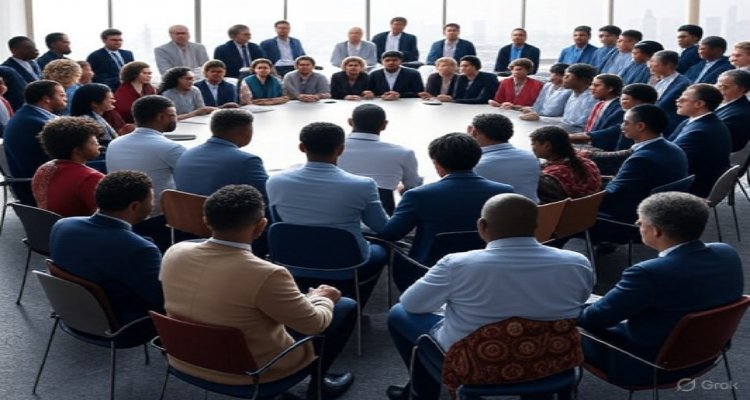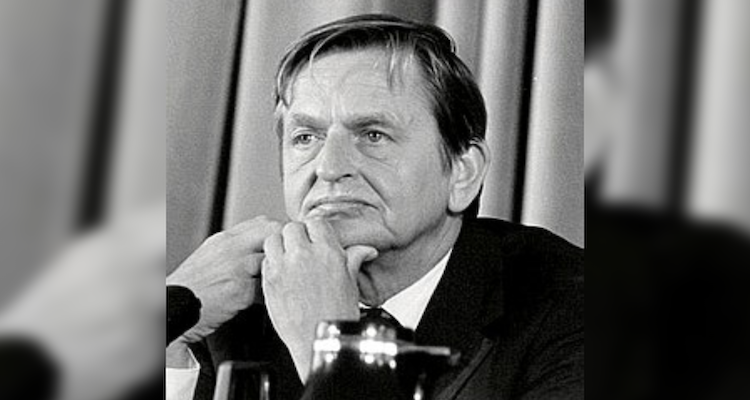Barcelona Hosts UNESCO Mondiacult 2025: Nations Unite to Shape Cultural Future

Barcelona hosted UNESCO’s Mondiacult 2025, uniting 160+ countries to reaffirm culture as a global public good and shape future cultural policies.
Introduction
In a world marked by geopolitical divides and rapid technological change, culture is emerging as a unifying thread. From September 29 to October 1, Barcelona became the center of global dialogue on culture as it hosted UNESCO’s World Conference on Cultural Policies and Sustainable Development (Mondiacult 2025). More than 160 countries and hundreds of cultural leaders participated, with the event concluding in a landmark commitment: to reaffirm culture as a global public good and strengthen international cooperation through robust cultural policies.
Context & Background
Mondiacult, first convened by UNESCO in 1982, has evolved into the world’s largest platform dedicated to shaping global cultural policy. The 2025 edition, co-organized with the Spanish government, follows the momentum of Mondiacult 2022 in Mexico City, which produced the groundbreaking Ministerial Declaration recognizing culture’s essential role in sustainable development.
Since 2018, UNESCO has worked tirelessly to reintegrate culture into international forums such as the G20, G7, and the UN Pact for the Future. Nearly 80 countries have ratified UNESCO’s cultural conventions in recent years, underscoring an increasing commitment to protecting heritage, fostering cultural diversity, and combating illicit trafficking of cultural property. Yet, challenges remain: cultural spending per capita is almost 2,000 times higher in wealthier countries than in low-income nations, leaving significant disparities in cultural access and development.
Main Developments from Barcelona
At Mondiacult 2025, plenary sessions kicked off with the adoption of key rules, agenda-setting, and the election of office bearers. India’s Union Minister of Culture, Gajendra Singh Shekhawat, played a notable role by serving as Chair for the Asia-Pacific Group—an important position highlighting India’s growing cultural diplomacy on the global stage.
Over the three days, ministers and cultural experts examined pressing issues spanning six priority areas of the 2022 Declaration—ranging from heritage protection to advancing cultural and creative industries. Discussions were also enriched by two specific focus areas: ensuring inclusivity in cultural policy and charting the pathway to integrate culture into the post-2030 global development framework.
The climax came with the adoption of an outcome document at the closing ceremony. Here, 194 Member States reaffirmed their shared vision: culture is not peripheral but central to building sustainable societies. This roadmap outlines steps to strengthen cultural cooperation, improve public cultural policies, and equip governments with better cultural information systems.
Expert Insight & Global Sentiment
Experts hailed the event as a critical milestone in cementing culture’s place in global governance. “Mondiacult 2025 demonstrates that even in times of political discord, culture offers a resilient foundation for cooperation,” noted Dr. Elena Torres, a European cultural policy analyst. She emphasized that the global cultural economy—already contributing 3.39% of world GDP—has untapped potential to drive dialogue, creativity, and social cohesion.
Public reaction from participants also reflected optimism. Social media platforms were abuzz with delegates sharing their experiences in Barcelona, many underlining that culture bridges communities where politics often fails. For cultural workers in lower-income nations, however, the discussion also drew attention to the need for equitable distribution of resources to overcome stark financing gaps.
Impact & Implications
The decisions made in Barcelona will reverberate far beyond Spain. The outcome roadmap is likely to influence cultural policies globally, ensuring that governments integrate culture as a vital element of sustainable development. As work begins toward drafting a stand-alone goal for culture in the post-2030 agenda, outcomes from this conference will shape negotiations at the UN and impact future initiatives across the arts, heritage preservation, education, and creative industries.
For India, Shekhawat’s leadership role signifies not only global visibility but also the possibility of stronger cross-regional partnerships. Countries are now tasked with translating the commitments into tangible action at the national level—ensuring policy reforms, financing models, and cultural infrastructure that reflect the conference’s shared ambitions.
Looking ahead, Saudi Arabia will host Mondiacult 2029, setting the stage for continued dialogue and accountability on the progress achieved since Barcelona 2025.
Conclusion
Mondiacult 2025 reaffirmed the principle that culture is more than a heritage to preserve—it is a public good and an essential driver of sustainable futures. By rallying ministers and leaders from 160 nations, the conference injected new momentum into the global cultural agenda. While challenges remain, especially in funding and equity, the Barcelona outcome underscores a collective promise: to move culture from the margins to the center of international policymaking.
Disclaimer :This article is an original, research-based report prepared for informational purposes. It does not represent the official position of UNESCO or government institutions.










